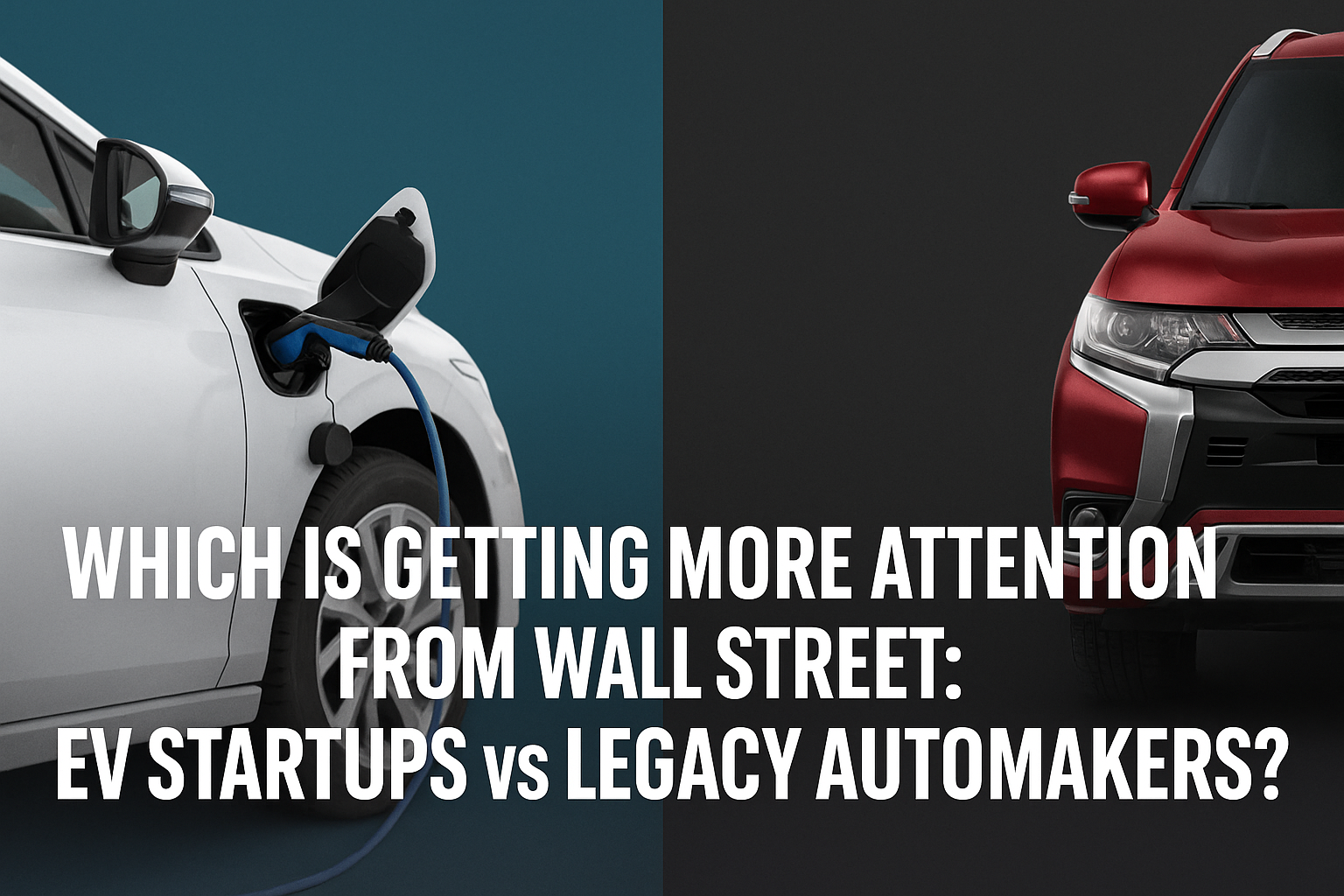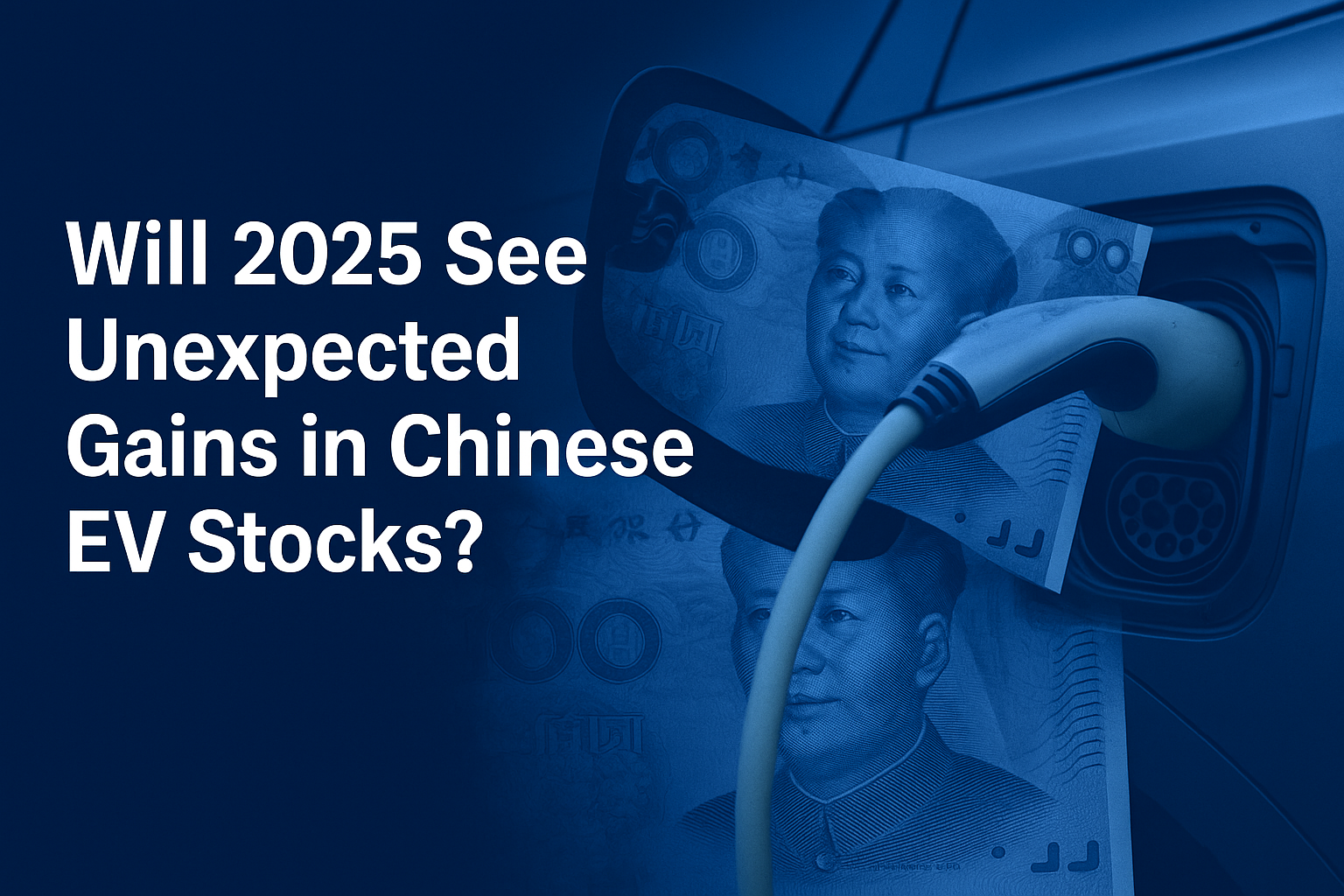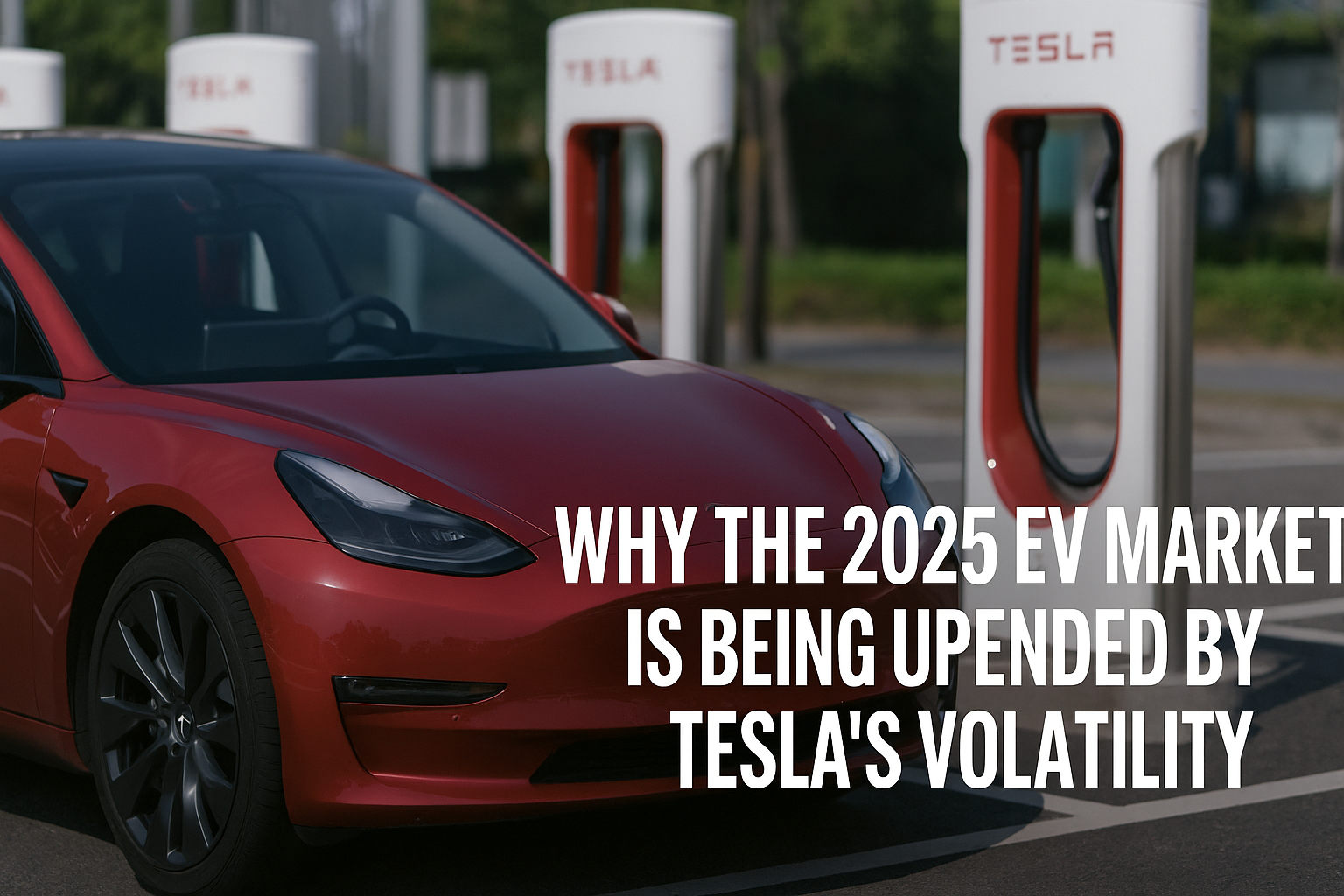The competition for market share, technological leadership, and investor capital has evolved from hype and headlines to the electric vehicle (EV) race. Wall Street is keeping a close eye on an exciting tug-of-war in 2025 between traditional automakers like Ford, General Motors (GM), and Volkswagen, who are stepping up their electrification efforts, and daring EV startups like Rivian, Lucid, and Fisker.
However, in the present market, who is truly gaining the trust of investors?
⸻
1. The Startups: Innovation-Driven Exuberance Confronts Growing Challenges
With their cutting-edge technology, futuristic designs, and exorbitant valuations, EV startups exploded onto the scene. However, the focus has begun to change as the market demands consistency, scale, and profitability.
• Rivian’s Amazon partnership and the well-reviewed R1S and R1T models continue to attract investors. High burn rates and production delays, however, have dampened enthusiasm.
• Despite its ultra-luxury performance, Lucid’s stock is still erratic due to worries about cash reserves and worldwide demand.
• Fisker’s low-cost Ocean SUV garnered attention, but supply chain disruptions and execution problems are making analysts wary.
2025 Stock Trend: Startups are being closely examined; only those that demonstrate cost containment and scalability are valuable.
⸻
2. Legacy Automakers: Robust Finishers, Slow Starters
Despite being late to the EV party, traditional automakers are turning out to be long-term assets thanks to their infrastructure, experience, and financial clout.
• The market for electric trucks is still dominated by Ford’s F-150 Lightning. In 2025, the company’s BlueOval EV division saw a notable increase in revenue.
• GM has introduced a robust lineup of EVs with Ultium engines at various price points. Additionally, its Cruise autonomous unit adds technological appeal. Volkswagen continues to dominate the global EV market by growing its ID family and using vertical integration to increase production efficiency.
2025 Stock Trend: Because of their aggressive EV roadmaps, improved margins, and steady delivery, legacy companies are gaining traction on Wall Street.
⸻
3. The Movement of Money
Because they see legacy automakers as “value meets growth” opportunities, institutional investors are increasingly shifting their investments into them. ETFs such as iShares Global Auto & EV have rebalanced to reduce exposure to unsuccessful startups and increase Ford and GM.
However, private equity and sovereign wealth funds continue to place bets on the potential of a few chosen startups, particularly in areas like ride-sharing platforms, battery innovation, and autonomous driving.
⸻
4. What Investors Are Actually Seeking
Wall Street is concentrating on four important metrics in 2025:
• Scalability: Is the business able to produce in large quantities?
• Cash Flow Stability: Can the company survive without ongoing capital infusions?
• Tech Edge: Is the business the owner or pioneer of important EV innovations?
• Global Strategy: Is a strategy in place to gain market share abroad?
While established automakers excel at stability and infrastructure, startups typically score highly on innovation.
⸻
Final Thoughts: It’s a Realignment, Not a Race
Wall Street is selecting businesses that are most likely to grow profitably, not between startups and established firms. That frequently entails focusing on well-established automakers with EV momentum in 2025 while keeping a watchful eye on up-and-coming startups that can grow without faltering.
Those who combine tech vision with execution discipline will be the ones who invest in EVs in the future. There won’t be a single victor in this conflict—only those who can innovate, adapt, and deliver.









Leave a Reply